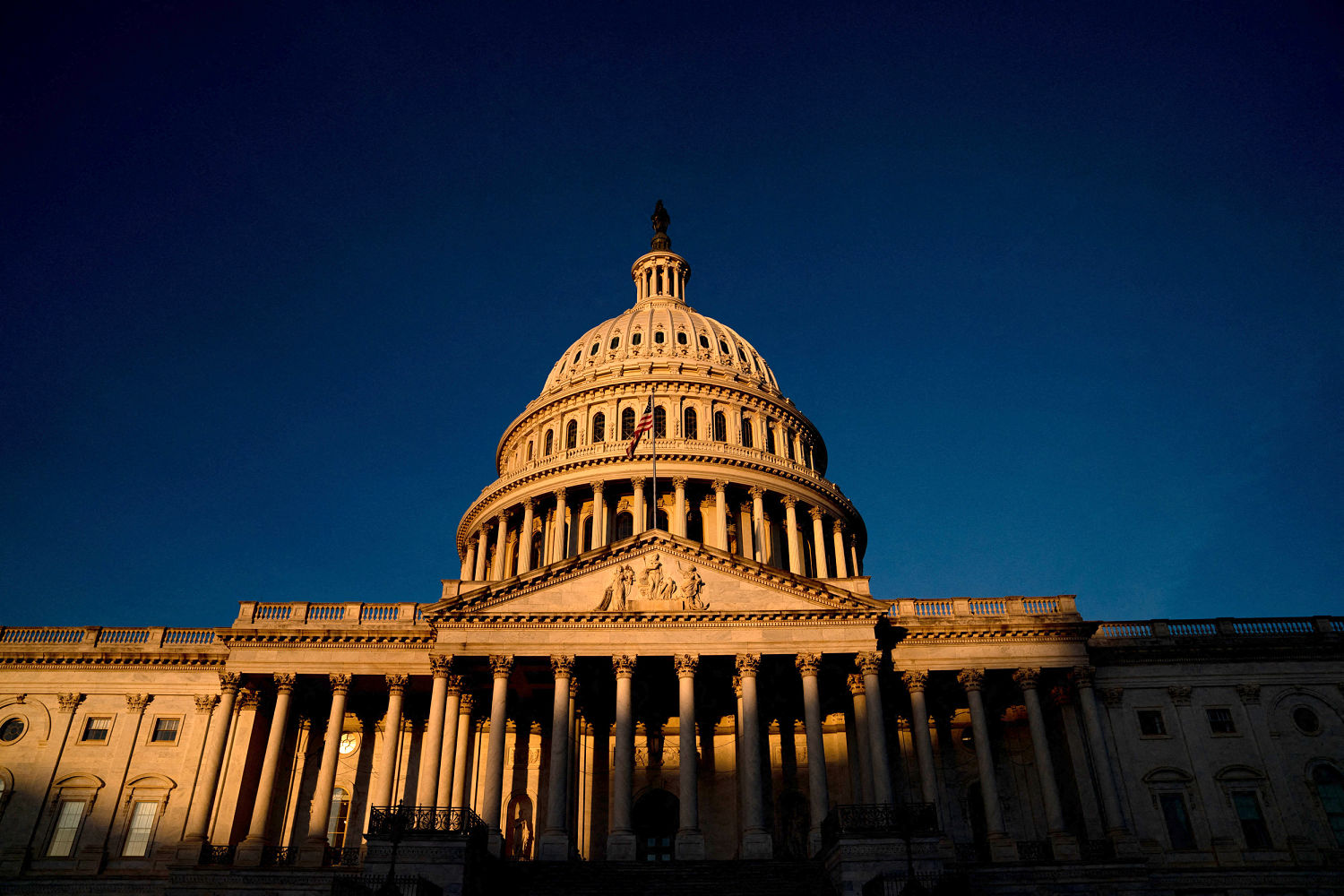
Congressional leaders are on the brink of finalizing a groundbreaking bipartisan and bicameral agreement worth $70 billion. This deal aims to expand the child tax credit and provide tax breaks for businesses until 2025. If approved, this agreement will bring financial relief to struggling families and offer incentives to help businesses thrive.
A Win-Win Deal
Negotiations between the Democratic-led Senate Finance Committee and the Republican-led House Ways and Means Committee have resulted in a deal that effectively balances the demands of both parties. The Democrats’ primary goal is to enhance the child tax credit, a measure that has proven to significantly reduce childhood poverty. The deal also includes tax incentives preferred by Republicans. Excitingly, if all goes according to plan, this agreement could be finalized by January 29th, just in time for the filing season.
The proposed deal focuses on providing targeted relief for families in need, particularly those with multiple children. It seeks to boost refundable child tax credits and gradually increase the cap on refundable credits, which currently stands at $1,600. Additionally, it allows tax filers to use their prior year’s income if it enables them to access a larger benefit. Notably, the talks do not include discussions regarding the monthly child cash payments that were distributed to families in 2021.
Supporting Businesses and Families
In addition to addressing the child tax credit, the deal also takes into account the needs of businesses. It aims to revive certain policies from the 2017 Trump tax cuts that have since expired. These policies include full expensing for domestic research and development, the restoration of the pre-2017 interest deduction, the extension of bonus depreciation, and an expansion of small business expensing. These measures will undoubtedly provide much-needed support for businesses across the country.
This emerging deal represents a significant attempt at bipartisan legislating in a divided Congress that has struggled to fulfill its basic governing responsibilities. The alignment of incentives is crucial to its success. Democrats are eager to reinstate and expand the child tax credit, which has proven to be highly beneficial in reducing child poverty. Meanwhile, Republicans, who previously opposed the child cash payments, are keen to support their traditional business allies during an election year.
Overcoming Hurdles
While negotiations are progressing well and the finish line seems within reach, a few major points of contention still need to be addressed. Democrats are pushing for housing provisions, while Republicans are focused on tax issues related to the cleanup of natural disasters. These matters, along with other perspectives and concerns, must be resolved for the deal to be finalized. Despite these challenges, both sides remain committed to finding common ground and reaching a resolution.
A Step Forward for the Middle Class
Prominent lawmakers from both parties have weighed in on the agreement. Representative Rosa DeLauro expressed concerns about the deal favoring corporations over working-class families. However, Senator Maggie Hassan defended the business provisions and emphasized the bipartisan nature of the agreement. Representative Katie Porter echoed the sentiment of supporting policies that benefit families while cautioning against favoring businesses excessively. Senator Sherrod Brown highlighted the importance of helping families raise their children and believes this deal will be a significant victory for middle-class Americans.
As negotiations continue, it is crucial to keep an eye on the progress of this deal. If successfully enacted, it will provide much-needed relief for families and businesses alike. Stay tuned for further updates.
Source: F5mag.com